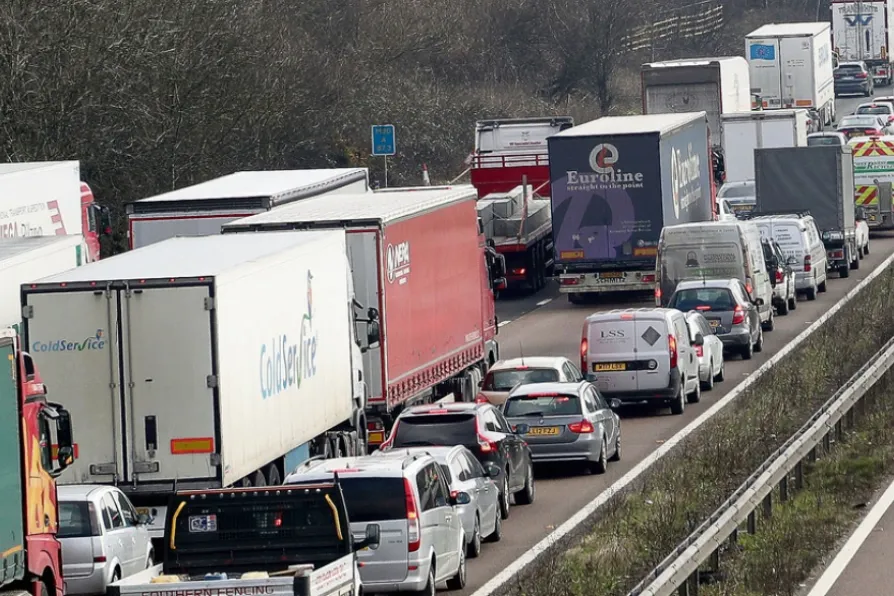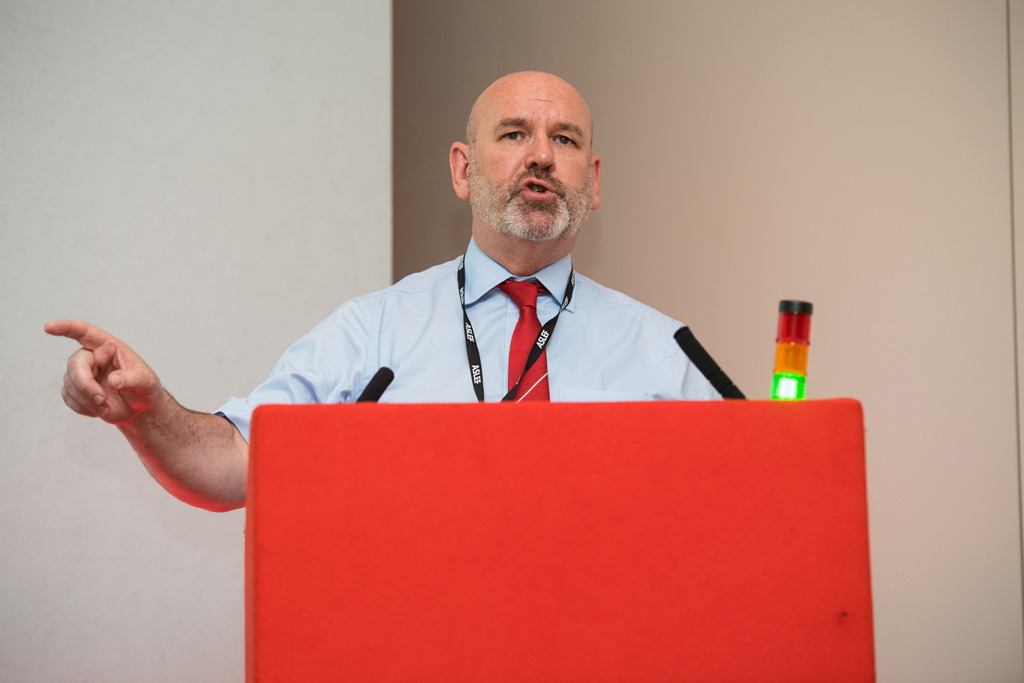The Carpathia isn’t coming to rescue this government still swimming in the mire, writes LINDA PENTZ GUNTER

 ENVIRONMENT THREATENED: Road congestion
ENVIRONMENT THREATENED: Road congestion
THE decision by the Department for Transport to cancel three major rail electrification projects — the Great Western main line in South Wales, the Midland main line and the Lakes Line between Windermere and Oxenholme — was a tragedy for the railway and a tragedy for Wales.
The decision — which I believe was utterly cynical and driven by Tory dogma — to renege on what was, you will remember, a Conservative Party pledge at the last general election, was as perverse and ridiculous as it is indefensible.
Because this country badly needs a modern railway, and a proper infrastructure, fit for the 21st century.

On the eve of the 157th Trades Union Congress, MICK WHELAN, general secretary of Aslef, the train drivers’ union, celebrates victory in his campaign to get dignity for drivers at work

RMT’s former president ALEX GORDON explains why his union supports defence diversification and a just transition for workers in regions dependent on military contracts, and calls on readers to join CND’s demo against nuclear-armed submarines on June 7












